Student Thoughts
now browsing by category
Trip to the Museum of Man part 2(:
Paula Soto
Kiara Grant
Mission to the Museum of Man
October 11, 2014
The day started slow. No energy to move. No desire to get out of the uncomfortable bed provided by a college education. However, we found the strength to make it out of bed. The supplement of coffee helped. With our fellow neighbors, we walk ourselves to front of the hall residence. Paula ran (being late, as always). We will fast forward the day until we get to the museum. To our surprise, Balboa Park is humongous. There are different museums. The exciting part was the people that were selling items, drawings of people, and face paintings. The Museum of Man was the first museum we visited–reason for that was because Torture Exhibit was full. The first object we see is a wall full of words. The words are all written in different languages. Noticing all the various languages, it was overwhelming. In the big wall of languages, we discovered languages like: Lithuanian and Galactic Basic Standard( Star Wars language). There were some type of Asian languages, but we did not catch their names. Moving on from the wall, we encountered the section of the Mayans. There were many artifacts of their writing on the walls. Going upstairs, we entered the exhibit of the mummies–Egyptians. We saw their hieroglyphics. Through the rest of the museum we did not find other languages. Well, only Spanish and English. Beyond on that, we only found the languages above.
The second part of our day was spent in the Torture Exhibit. That was intense. It was very interesting. The exhibit showed various instruments of punishment throughout centuries. We are not going into the objects that we saw. Just be aware, that it was thought-provoking. The day turned out to be a good day, by exploring different languages.
Pictures of our day:
Global Linguistics
During our time at The Museum of Man, I was able to find many different languages used throughout the exhibits. It made me realize how integral communication and language are on all cultural developments. For every single item in display, there was a concept that was mentally described using language, and then there was a discussion about this idea, and then the idea was able to take shape. Without language there would never have been any human advancement in history.
My language is actually changing? (Extra Credit)
So I took the Harvard Dialect Survey without any expectations thinking that It wouldn’t be able to pinpoint my location (since I speak with a “Filipino accent”) but lo and behold, it was actually correct (well, mostly)
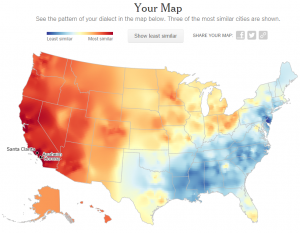
(I took the quiz twice, this was my second result. My first result said that my dialect is most similar to that of Los Angeles. I was actually really surprised that both results were consistent and accurate).
Speaking of my accent, I learned English in the Philippines from pre-school up to 4th grade (approximately 12 years) so when I moved to California I simply spoke the way English was taught to me. (example: I put a strong emphasis on the letter ‘v’ making it sound like a ‘b’. I used to say “I lab you” instead of “I love you”) Anyways, I took the survey with that mindset and chose words the way I would normally pronounce them. The survey results, however, was able to tell that I live somewhere near Southern California. It might be because I am just oblivious to how I am speaking but maybe my language is actually changing the longer I live in California.
Among everything else, what this survey told me is that region has a really large impact on how you speak a language!
Extra Credit Blog (SURVEY)
As I took this survey I was surprised by how many different ways there is to pronounce different words and references to different things. I was even more surprised when I saw the results and how accurately i spoke for the region that I live in. I literally sat and saw the map amazed because it had classified me so easily with just 25 questions. I didn’t think that I followed the language much of my region but i guess I do! It was a very interesting little survey of major realization lol. Pretty cool I have to admit.
Discussion 2: Language differences I have noticed…
What differences have you noticed in the ways people use language?
Think first about regional differences, then fill in the other major social categories: age, gender & sexuality, ethnicity & race, social class (working class, middle class, upper class).
Then think about broader “community” categories– categories like surfer, stoner, prep, jock, drama/theater kid, band geek, hipster, princess, dork/nerd/geek, meathead, etc.
Are there any groups that stick out in your mind as people who use language in a specific or unique way? What– exactly– are they doing with their language that seems different to you?
To get fullest possible credit, comment on the main post (this one) and at least two other classmates’ posts as well. Make sure to use tags in your responses along with any other media (images, maps, audio or video clips) that you think might help illustrate your point.
This will be available until Thursday morning. Go a-linguisting!
-doug

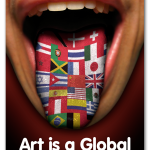
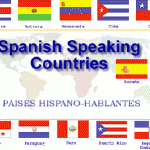
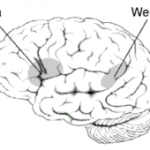
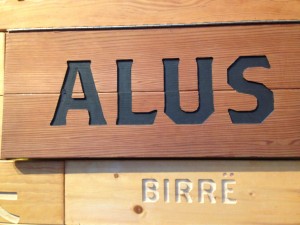
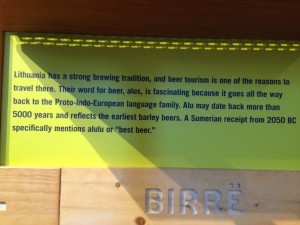
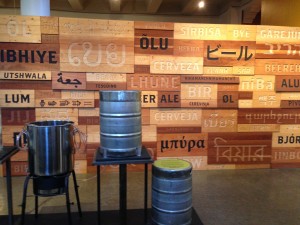
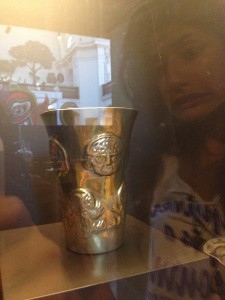
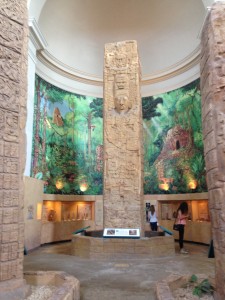
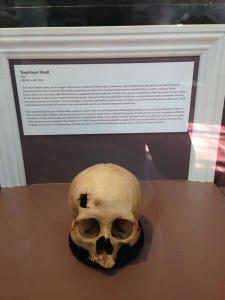
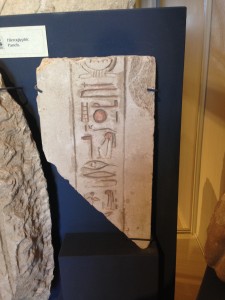
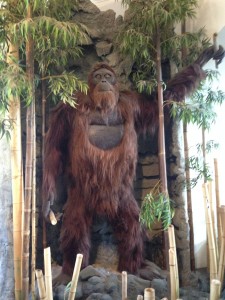
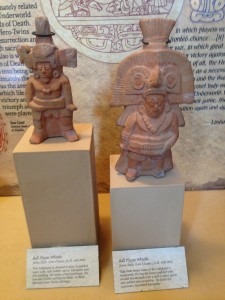





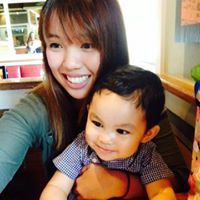
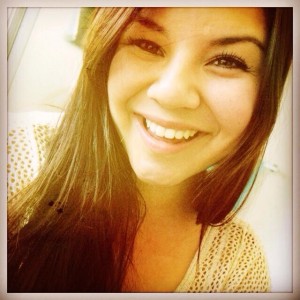
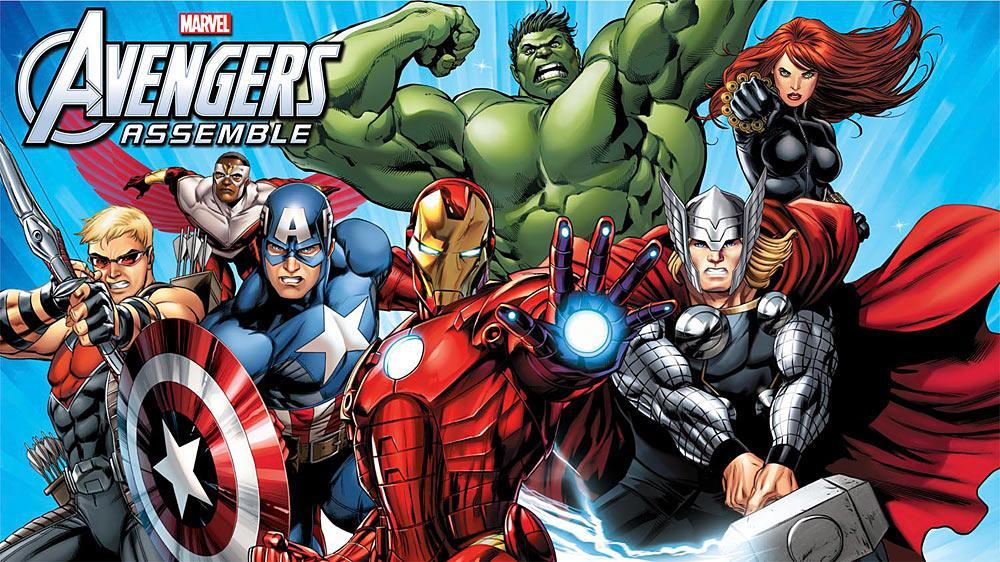


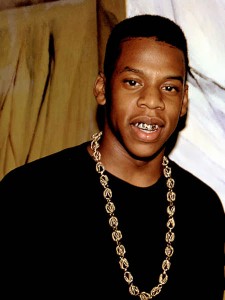



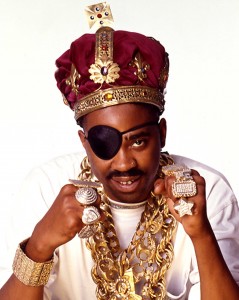




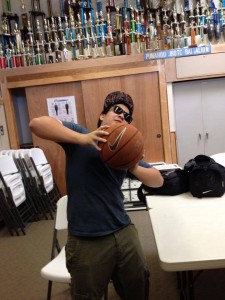


 D5 Creation
D5 Creation